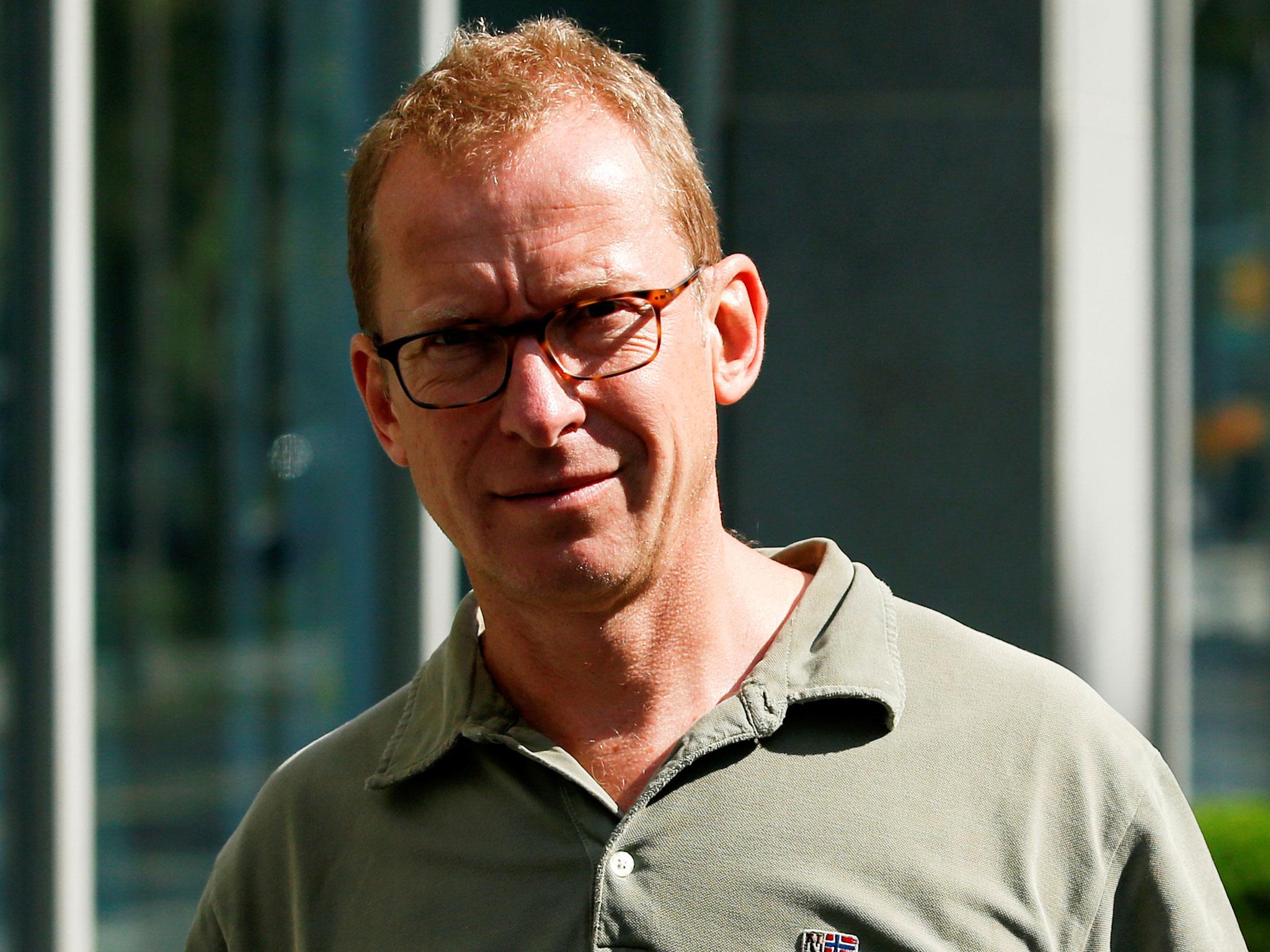HSBC bankers face fraud case in US for alleged misconduct committed in UK. So why won't they face justice here?
The Serious Fraud Office dropped an investigation into Forex rigging in March. If the US authorites start securing convictions Britain's top fraud busting agency is going to have some serious questions to answer

Your support helps us to tell the story
From reproductive rights to climate change to Big Tech, The Independent is on the ground when the story is developing. Whether it's investigating the financials of Elon Musk's pro-Trump PAC or producing our latest documentary, 'The A Word', which shines a light on the American women fighting for reproductive rights, we know how important it is to parse out the facts from the messaging.
At such a critical moment in US history, we need reporters on the ground. Your donation allows us to keep sending journalists to speak to both sides of the story.
The Independent is trusted by Americans across the entire political spectrum. And unlike many other quality news outlets, we choose not to lock Americans out of our reporting and analysis with paywalls. We believe quality journalism should be available to everyone, paid for by those who can afford it.
Your support makes all the difference.If I were one of Britain’s financial cops I’d be very embarrassed right now. And frustrated. Being made to look bad by the Americans again can’t be much fun.
Let me explain. You may have read that a senior HSBC executive, Mark Johnson, currently head of foreign exchange and commodities for the Americas, was arrested in New York on Tuesday night as he was about to board a plane to London.
He was subsequently charged with fraud after being linked to a $3.5bn (£2.6bn) trade for a UK client.
Mr Johnson, who is in the process of moving to New York, was based in London at the time. A warrant has also been issued for the arrest of one of his former colleagues, Stuart Scott, who left the bank in 2014, in connection with the same investigation.
Prosecutors allege the two used their knowledge of the trade to engage in a practice known as “front running”, or executing trades in advance of the mega-trade for the client, causing a spike in the price of the currency to the client’s detriment.
As this is the US, where the legal rules are different, the indictment has been released, and reported, including the communications used between the two men which, as ever, provide some light relief amid the legal verbiage.
“Oh f***ing Christmas,” one is said to have said to the other. If you’ll forgive me, it’s oh so, expletive deleted, funny when these things come out.
But the point I want to make has nothing to do with either Mr Johnson or Mr Scott, or the case against them and whether it will hold water if it gets in front of a court. It doesn’t have anything to do with HSBC either, or the fact that the bank is being embarrassed again.
The point is this: yet again here you have two UK bankers working in London for a UK bank for a UK client and yet their alleged misconduct is being investigated not by the UK authorities but by those in the US.
In March the Serious Fraud Office terminated an 18-month long investigation into forex rigging that had involved the review of in excess of half a million documents. And thus the criminal process is over. Banks can and have been fined, and UK regulators still have the option of taking action under a civil regime. But there will be no prosecutions in the UK as a result of the scandal.
The SFO said there was “insufficient evidence for a realistic prospect of conviction”. This despite it concluding “there were reasonable grounds to suspect the commission of offences involving serious or complex fraud”.
But this conduct “even if proven and taken at its highest, would not meet the evidential test required to mount a prosecution for an offence contrary to English law”.
Stop me if you’ve heard that, or something like it, before. I have, on repeated occasions involving what went on during the financial crisis or the sort of things - like the forex scandal - uncovered in its wake.
Now I’m not a lawyer. I haven’t reviewed those half-million documents. I am aware that the US system is different as are its laws. It’s also true that the UK laws are now tougher and the regulations tighter.
Still, as so often seems to be the case, the Americas have pressed ahead with a difficult and complex UK based case that the authorities in this country have dropped (although they have been helping their American friends).
At this point the SFO could, if it were so minded, point to the convictions it has achieved stemming from the Libor interest rate fixing scandal, notably that of “King Libor” Tom Hayes. But that just helps make my point.
See, it can be done. Moreover, success in one case doesn’t, and shouldn’t, give the SFO a pass. Britain’s top fraud-busting agency is going to have some serious questions to answer if the Americans start securing convictions. Perhaps a Parliamentary select committee might like to raise them so we can get some public answers?
Join our commenting forum
Join thought-provoking conversations, follow other Independent readers and see their replies
Comments